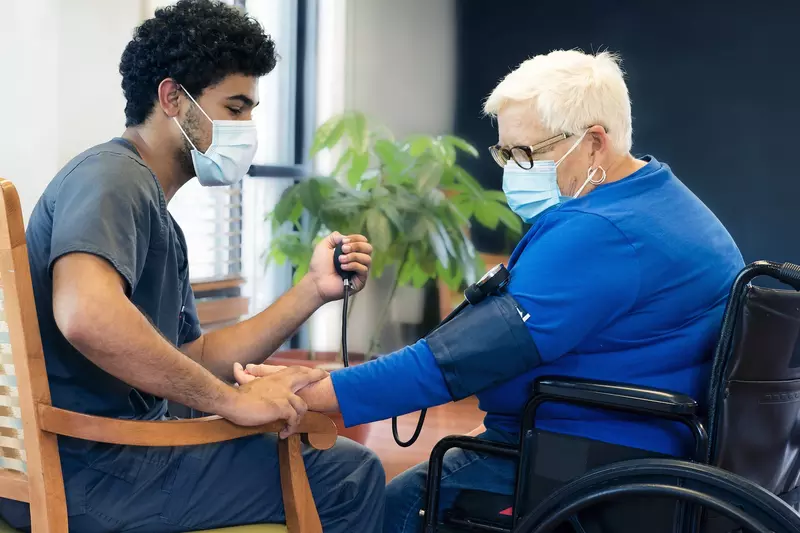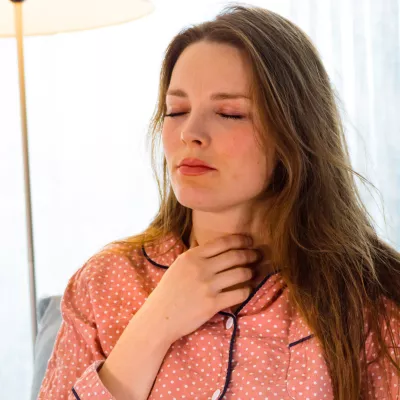- AdventHealth

Choose the health content that’s right for you, and get it delivered right in your inbox.
Millions of Americans experience high blood pressure (hypertension) every year — and surprisingly, many don’t even know they have the condition. Because high blood pressure raises your risk for heart attack or stroke, not knowing your blood pressure is elevated can put your life at risk.
Do you know your numbers?
If not, it’s important to talk with your primary care doctor about your blood pressure at your next appointment. A better understanding of your numbers and potential risk for hypertension can help you chart a plan for healthy living and reduce your risk for heart disease.
What is High Blood Pressure?
High blood pressure becomes more common as you age, and many seniors experience the condition. That’s why it’s important to monitor your blood pressure as an adult and to understand your blood pressure readings.
Simply put, your blood pressure is the measure of how much force your blood puts on the walls of your arteries. Years of too much force can make your arteries weak and strain your heart, putting you at risk for heart disease.
A normal, healthy blood pressure reading is 120/80 mm Hg. If your blood pressure is elevated above those measurements, you have high blood pressure.
If your blood pressure measurements read 140/90 mm Hg or above, you have severe hypertension.
What Are the Symptoms of High Blood Pressure?
There’s a reason high blood pressure is called “the silent killer.” Even when you have dangerously high blood pressure, you may not have any symptoms at all. However, discuss any of these symptoms with your primary care physician:
- Headaches
- Nosebleeds
- Shortness of breath
It’s important to keep in mind that these can be symptoms of a lot of other conditions, from dry winter air to exercise. If these symptoms do appear and are caused by your blood pressure, it’s likely it's already at life-threatening levels.
This is one of the reasons why it's so important to have regular check-ups with your primary care provider, to discuss any symptoms you're experiencing and to monitor your blood pressure.
When Should I Get My Blood Pressure Checked?
The best way to ensure you’re heart healthy is to get your blood pressure checked every two years, if not more frequently. These regular checkpoints are so important, it’s common practice for your doctor to check your blood pressure at every appointment, regardless of the reason you’re being evaluated.
If you’re at risk for high blood pressure, you should get checked more frequently, especially over age 40. You may be at risk for high blood pressure if:
- You are obese
- You don’t exercise
- You drink alcohol heavily
- You have a family history of high blood pressure
- You smoke or chew tobacco
- You have diabetes or kidney disease
If you’re concerned about your high blood pressure risk, you should always speak to your physician.
Can I Improve My Blood Pressure?
The good news is that you can help your body maintain normal blood pressure by adopting a healthy lifestyle. To maintain a healthy blood pressure range, you should:
- Avoid heavy alcohol use
- Eat less salt
- Eat a healthy diet
- Exercise moderately for 150 minutes per week
- Maintain a healthy weight
- Stop using tobacco
Your doctor can also prescribe medicines that help lower your blood pressure.
Know Your Heart and Know Your Health
At AdventHealth, we’re dedicated to keeping your heart beating strong for years to come. Find a primary care provider near you and schedule your annual visit or learn more about our heart health and prevention services.



